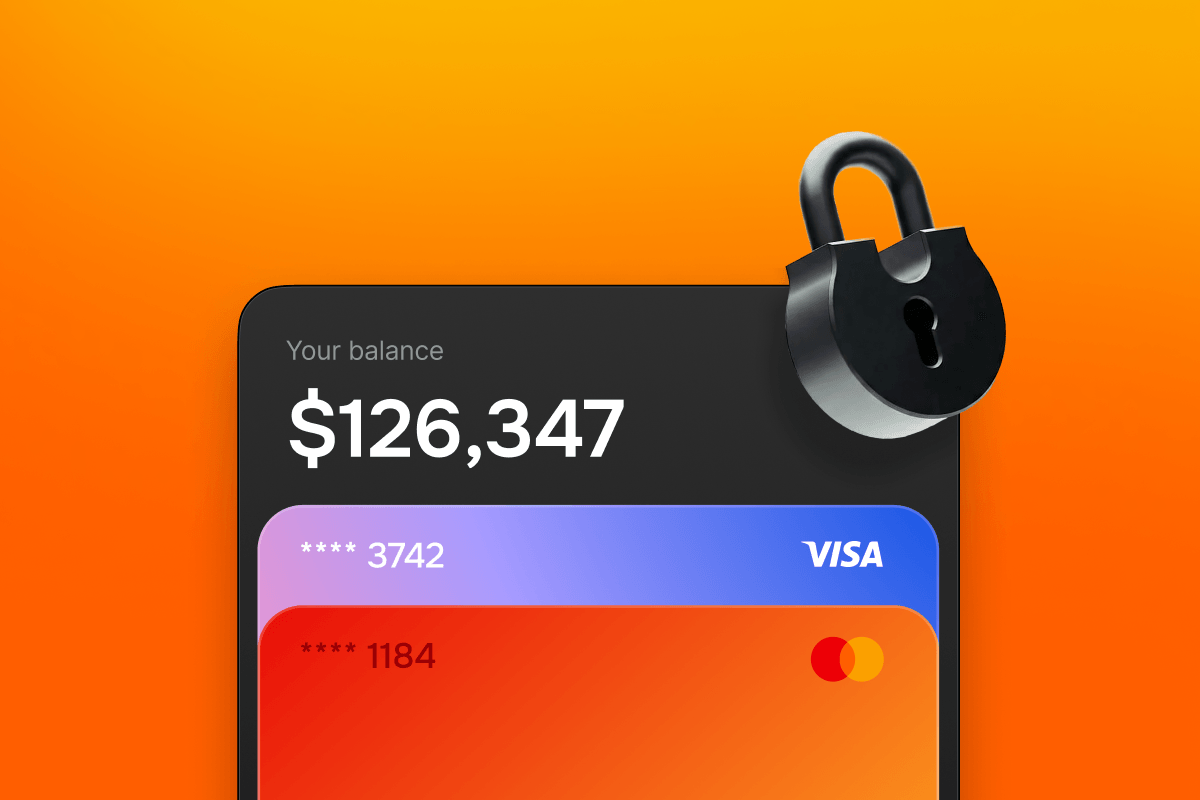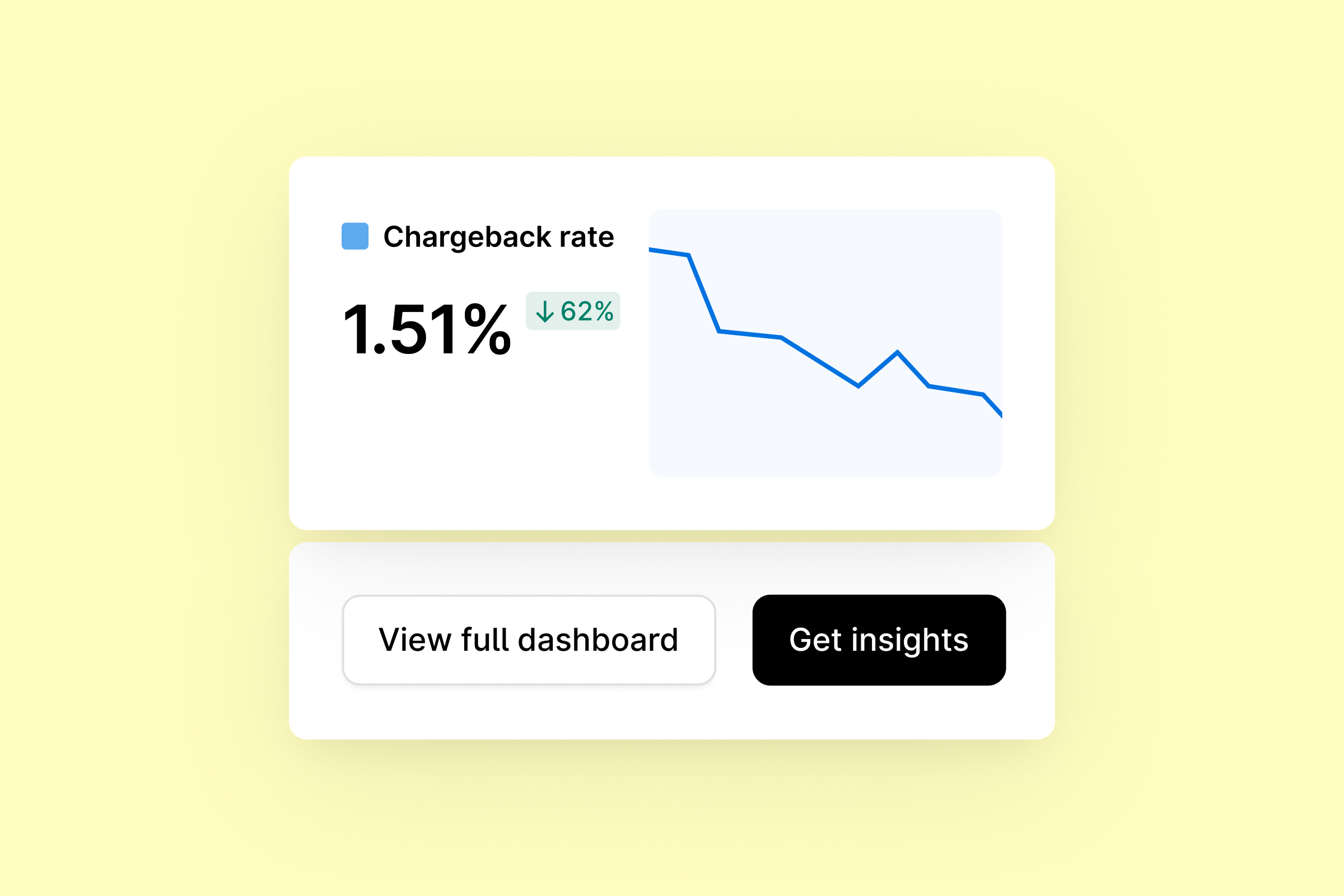Banking-as-a-Service
Banking-as-a-Service (BaaS) is a model where licensed banks provide their banking infrastructure, regulatory compliance, and financial services capabilities to third-party companies through APIs and cloud-based platforms, enabling rapid financial innovation without the complexity of obtaining banking licenses. BaaS allows technology companies, retailers, and other businesses to offer sophisticated financial services by using existing banking infrastructure rather than building their own from scratch.
The core components of BaaS include banking licenses that provide regulatory authorization to offer banking services, comprehensive infrastructure encompassing core banking systems, payment processing capabilities, and compliance tools, application programming interfaces that enable seamless integration with third-party systems, regulatory compliance services that ensure adherence to banking regulations and reporting requirements, and risk management capabilities including credit assessment, detection, and ongoing monitoring. Service offerings typically include various account types such as checking, savings, and specialized accounts, payment processing for transfers, wire transfers, and card transactions, lending services including personal loans and business financing, debit card issuance and management, and comprehensive compliance services covering , , and regulatory reporting.
Business models for BaaS vary widely, including revenue-sharing arrangements where banks receive a percentage of transaction fees or interest income, fixed-fee structures with monthly or annual charges for platform access, transaction-based pricing with fees per transaction or service usage, and hybrid models combining fixed and variable pricing components. Market participants include traditional banks using existing infrastructure for new revenue streams, fintech companies offering banking services without regulatory burden, embedded finance providers enabling non-financial companies to add financial services, and neobanks using BaaS for rapid deployment of digital-first banking solutions. While BaaS offers advantages, including faster time to market, reduced regulatory complexity, cost efficiency compared to traditional banking infrastructure, scalability without massive capital investment, and the ability to focus on core competencies, challenges include shared regulatory responsibility, vendor risk management, technical integration complexity, brand control considerations, and data security requirements across multiple systems.


